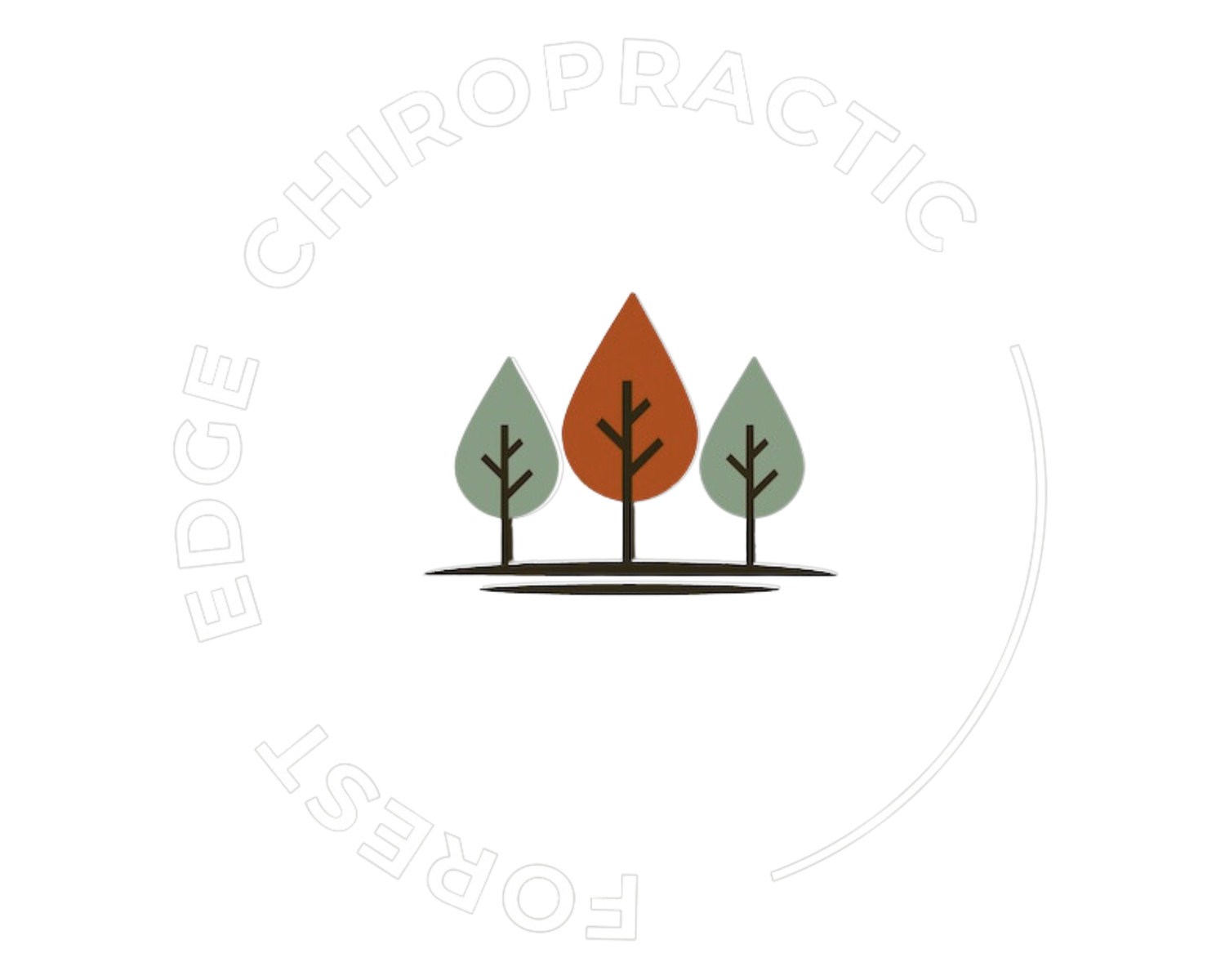Is sitting the new smoking?
You're probably well aware of the saying "sitting is the new smoking," but have you ever wondered why people are making this comparison? This month, we're going to dive into the research and studies behind this catchy phrase and explore whether sitting for prolonged periods is as harmful as smoking for your health.
The Sitting Revolution
Our modern lifestyles have changed significantly over the past few decades. With the advent of computers, smartphones, and the rise of remote work, most of us spend a considerable part of our day sitting. Whether it's at our desks, in front of the TV, or during our daily commute, sitting has become an integral part of our lives.
So, why is sitting being compared to smoking? Let's look at what the science says…
1. Heart Health: Sitting is a Silent Killer
A recent study published in the Journal of the AmericanCollege of Cardiology found that excessive sitting is associated with an increased risk of cardiovascular diseases. But this isn’t sitting, as such – it’s about lack of movement – essentially a lack of raising our heart rate by moving around. Prolonged sitting leads to a drop in good cholesterol levels, higher blood pressure, and a more significant risk of heart disease. Smoking has similar effects on our cardiovascular health, which is why this comparison is made. But the reality is that smoking isFAR more likely to cause these effects than sitting.
2. Weight Gain: Sitting Puts on the Pounds
Prolonged sitting can contribute to weight gain and obesity.A study in the International Journal of Obesity found a strong correlation between sedentary behaviour and weight gain. But the key word here is “behaviour”. If your lifestyle is significantly sitting-based, then you are at increased risk of weight gain. But it’s important to remember that this is your lifestyle, not just sitting specifically.
3. Musculoskeletal Issues: The Backlash of Sitting
Sitting for too long can make you more likely to develop musculoskeletal (MSK)aches and pains. From neck to back pain and everything in between, the consequences of excessive sitting are well-documented. In fact, a study published in the American Journal of Lifestyle Medicine warns that sitting for more than six hours a day can increase your risk of developing MSK problems. Good MSK health is a balance between strength and flexibility. Sitting not only reduces strength in some key muscle groups, but also reduces flexibility in joints. The combination of these puts you more at risk of MSK pain.
4. Mental Health: The Mind-Body Connection
Research has also highlighted the link between sitting and mental health issues. A recent study in the American Journal of PreventiveMedicine found that prolonged sitting is associated with an increased risk of depression and anxiety. The physical and mental health connection cannot be ignored. We also know that having depression and anxiety can increase your chances of developing MSK pain.
What Can You Do About It?
The good news is that just as people have successfully quit smoking, its also possible to change our sitting habits and lead healthier lives. Here are some tips to get you started:
1. Walk for 30 minutes a day. The health benefits of walking are not to be underestimated. This FANTASTIC infographic video explains it waaaay better than I ever could!
2. Incorporate strengthening and flexibility exercise: Aim for at least 150 minutes of moderate-intensity exercise (raising your heart rate so you’re breathing heavily but can still hold a conversation) or 75minutes of vigorous-intensity exercise (breathing heavily so you can’t hold a conversation and are sweating significantly) each week. Consider yoga – this youtube channel has some brilliant videos you can try at home, for different levels of yoga.
3. Ergonomics: Pay attention to your workspace setup and maintain good posture to reduce the risk of musculoskeletal issues. If you’d like me to do an ergonomic assessment of your workplace, please get in touch – I’m happy to come to your office and do this for you.
4. Mental Health: Practice stress reduction techniques and mindfulness to support your mental health. The Balance app aims to improve your stress, mental health and sleep by using meditation. It’s free to use for one whole year – yup – absolutely free! What do you lose by downloading it and signing up!?
5. Don't Sit When You Can Stand: Consider a standing desk or opt for walking meetings to minimise sitting time. First thing each morning, look at your day and find one or two tasks which you could complete while standing rather than sitting – maybe a zoom meeting? Or answering a long email? Even just a little bit of standing each day can make a difference.
Conclusion
So, is sitting really the new smoking? While it might not be a perfect comparison, the research is clear: prolonged sitting is detrimental to our health in a multitude of ways. The key takeaway is that we should be more aware of how much time we spend sitting and take proactive steps to reduce it.
Our modern lives make sitting nearly unavoidable, but we have the power to mitigate its impact. Make an effort to walk a little bit every day, stand up for the occasional task at work, include a small daily meditation into your lifestyle to reduce stress and anxiety.
So, next time you're tempted to sit for too long, remember this newsletter and stand up for your health!

